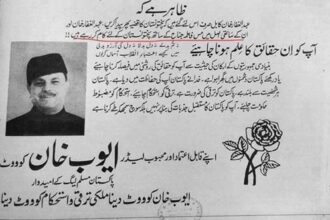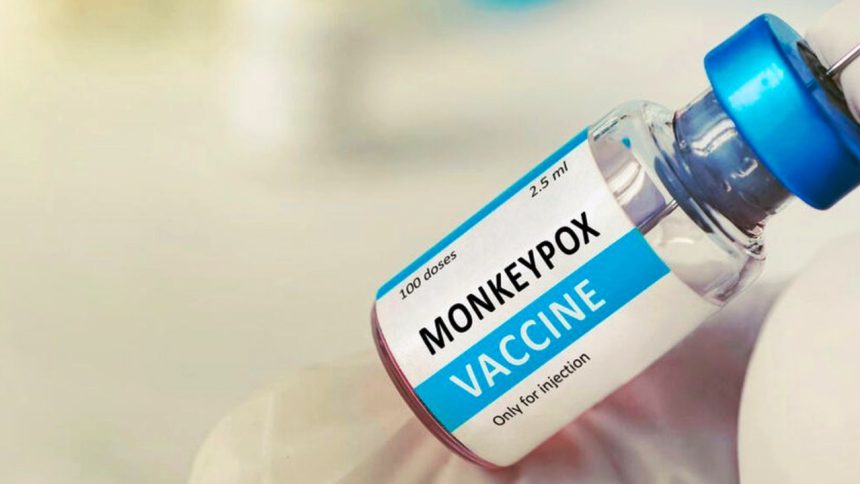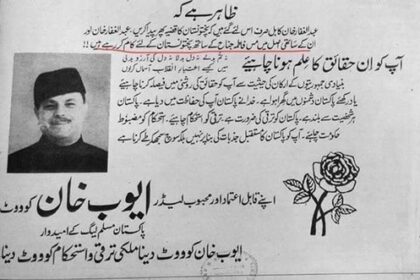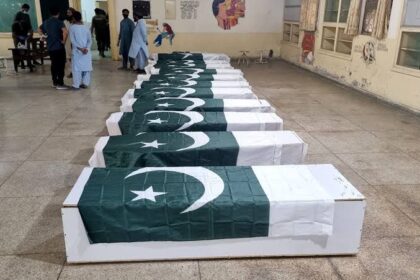A day after the World Health Organization (WHO) declared mpox, formerly known as monkeypox, a global public health emergency, Pakistan reported its first case on Thursday, with two more cases emerging on Friday.
As of Friday, Pakistan had three confirmed cases of mpox, with the latest two emerging in patients who had returned to Khyber Pakhtunkhwa (KP) from the United Arab Emirates. The authorities had quarantined the patients and were carrying out sequencing to determine the variant of mpox.
Mpox was declared an emergency when it first started to spread globally two years ago. While the situation had been controlled back then through behavioral adjustments and vaccines, the current outbreak is deadly enough to spark fears across the world. In the Democratic Republic of Congo (DRC), 27,000 cases and 1,100 fatalities have been recorded since January last year. While the symptoms are mild, they can be lethal, especially for children, pregnant women and those with compromised immune systems. Mpox has a mortality rate of 3.87 percent, which means that one in 26 patients dies.
The virus, which causes flu-like symptoms and pus-filled lesions, is not as contagious as COVID-19 and does not spread through the same mediums easily. Moreover, there are tools available that can help prevent its spread to at-risk populations.
While Pakistan is at low risk, it is not immune to the virus and the situation can spiral out of control if the necessary measures are not taken. Considering that a public health emergency can take a toll on the country’s fragile healthcare system and the unstable economy, the country needs a firewall against the disease.
In this regard, the National Command and Operation Centre (NCOC) held a meeting at the National Institute of Health on Friday. The meeting was held on the directives of Prime Minister’s Coordinator on Health Dr Malik Mukhtar and was attended by healthcare officials from across the country, both physically and virtually.
During the meeting, the provinces were told to nominate focal persons, who could coordinate with the central authorities on the matter. Besides, NCOC also directed the health services at the country’s borders to increase monitoring at all entry points.
Guidelines
Moreover, on Friday, the health authorities issued guidelines for those infected by the disease. According to the advisory, those infected could face rash or fever, besides headache or body aches. It also stated that the infection lasts two to four weeks, and the patients infected with mpox must be isolated during this period until they fully recover.
According to the WHO, individuals are required to avoid close contact with individuals who may be exhibiting the symptoms of mpox. Similarly, they must practice good hygiene, including regular hand washing with soap, to minimize the chances of being infected in case of contact with a suspected person or surface. The health workers must also use protective gear to minimize the chances of being infected, especially while treating individuals who are infected with mpox. Moreover, those at risk of getting infected must consider getting vaccinated against the virus.
Vaccination
Global vaccination alliance, Gavi, is prepared to deliver vaccines to the countries affected by the current outbreak. According to Gavi CEO Dr. Sania Nishtar, the alliance has $500 million – largely the leftover funds from the COVID-19 pandemic – it can spend on getting the vaccines to those who need them, however, certain hurdles need to be overcome.
One of the main hurdles is the WHO’s approval of the vaccines, which is expected by September, following which Gavi, along with UNICEF, can procure them en masse to control the outbreak. Currently, the alliance is procuring the available stock, but it cannot deliver them to Congo unless the country officially asks for them.












